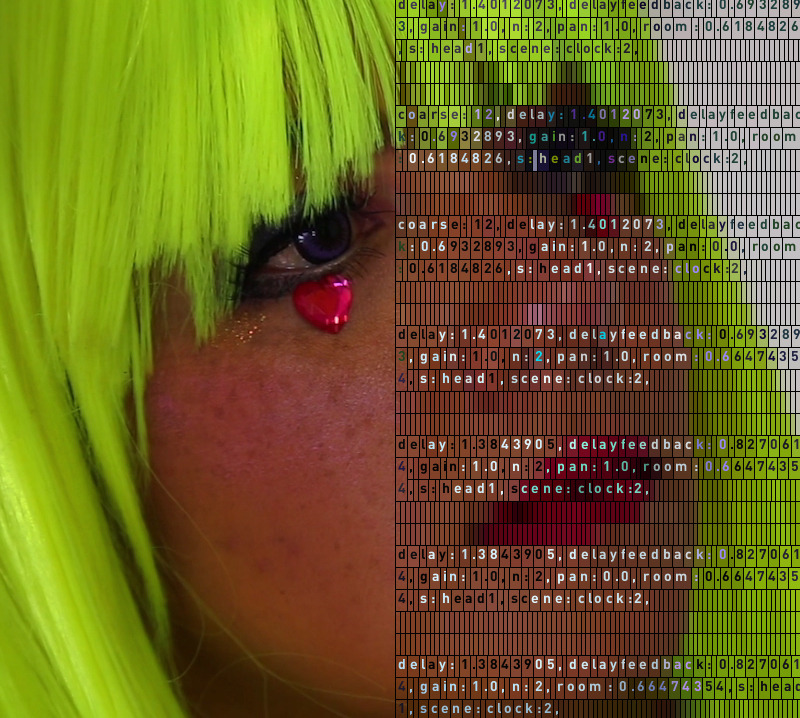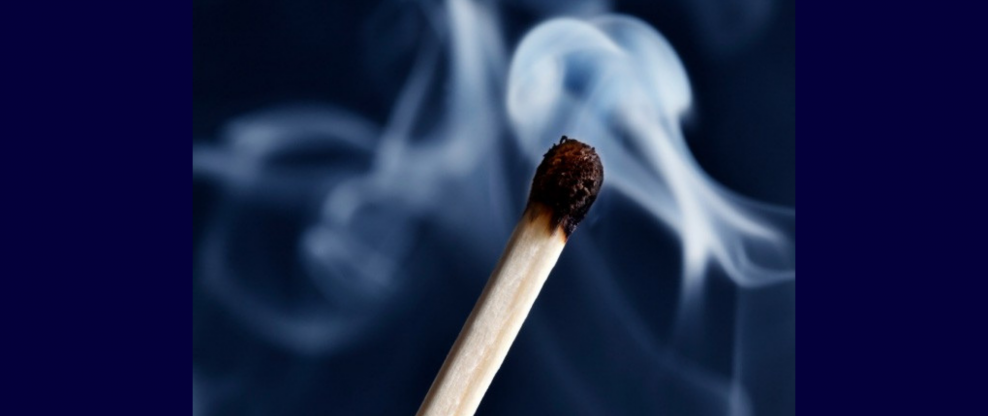 Working in a creative field of any kind is rife with challenges, among them the incredible drain which trying to force creative output on a person inevitably brings. In this piece hear from eleven artists on how they take care to cultivate their craft while simultaneously practicing effective self-care.
Working in a creative field of any kind is rife with challenges, among them the incredible drain which trying to force creative output on a person inevitably brings. In this piece hear from eleven artists on how they take care to cultivate their craft while simultaneously practicing effective self-care.
________________________
Guest post by Michael Hahn from the Landr blog
No artist lives in a state of constant inspiration. Creativity can come and go without warning.
But burnout from prolonged artistic work can be tough to fix.
Whether it’s the end of a long and challenging creative process, or a dry spell between ideas, we all need ways to stay close to the love of making music when things get tough.
Practicing a music workflow that includes self-care for creative health is how many experienced creators cope.
We asked 11 artists from MUTEK Montreal 2018 to discuss their best strategies for overcoming creative burnout.

“It’s important to look after your health, and mental health. Taking regular breaks away from your music and music in general. Going for a walk and getting a coffee or tea and reading a book. Switching off from one thing. Developing a routine in your day is a positive start. Appreciating people and experiences in your life. Not putting pressure on yourself, not comparing yourself to anyone else. If you feel the pressure building up, make sure you allow your self-timeout. Also if you are struggling, it is totally ok to ask for help or look for help.”
“In my case burnout is never about being creative, it’s about not having time to explore personal projects while committed to commercial work. It’s about learning to say ‘No, this is not for me’. Daily meditation, spending time in nature, being off the grid from time to time, to experience a different notion of time and space helps enormously. Connecting with real reality is key for creating synthetic worlds. Meditative practices, stillness or creative motion is not only healthy for any creative practice but also incredibly inspiring. I also believe in ‘beginners mind.’ Taking the risk of learning new things, especially skills that are not naturally easy for me, gets me in a spirit of humility, respect and simplicity that overrides the continuous drive to get better in your own artistic field. Connecting with other artists from different fields of work, also helps and creates an infinite space for inspiration. Moving your body, stopping the endless motion of the mind, remaining in touch with the physical world, learning to make things with your own hands and swimming in the ocean as often as possible is what keeps me sane to dream, create, travel and share.”

Push 1 stop & WIKLOW
“I used to believe the way to create your best work was to be prolific as possible. Many artists I admire are able to produce a huge quantity of work in very short periods of time. However, they also take breaks, in some cases over a long periods of time. This was my biggest lesson from my collaboration with Push 1 stop. When we don’t stop working, we repeat the same ideas over and over. Forcing yourself to stop keeps the creative spirit hungry, especially when there’s a tight deadline approaching. It’s amazing how efficient and original you can be when you spend time on self-care, even when all you want to do is work.
Take responsibility for building creative communities. Create opportunities for creative and engaged people to spend time together, not working on projects. This means more than artists, but individuals who are curious and want to question the nature of things. Sharing ideas is a huge source of inspiration. Being with others removes our fixation on a project, allowing one to take a step back.”
“CNDSD (Malitzin Cortes): Personally, I consider that my artistic career is highly emergent, thinking of many of my colleagues who have been renewing for many years. Until now, it seems very refreshing to open my eyes well not only in art, but everything that happens in our world, there is too much information about people who have questions similar to yours and the most interesting is also where there are other questions. Scientific research and technology are my passion however, I could say that an essential tool not only to not lose faith in the art we do, but also in the life itself is curiosity, look not only in the fields that we interest, be empathetic with what happens, leave our bubble methodology or the bias that produces shutting in what seems good or we like, is very important to open horizons and from that point begin to ask and restart the conversation with the public.”
Iván: “You have to be careful with the advantages for the market that involves the construction of artistic identity and the possible straitjacket that can be converted to keep alive the capacity of your works to surprise and intensify the experience. The above implies not only understanding the substance and materiality of your work, but also its context, an artistic experience is not a monologue, it is a conversation, so the work remains active while there is a ‘conversation’ between artist and audience, from this point of view, changing the questions, the processes, the supports and the referents allows reviving the dialogue with your personal motivation and consequently with the public accomplice and with affinity for your work.”



“Personally one of the forms that I find as relaxing for mental rest is research. When I feel burnt out, I try to read, watch a movie or a tutorial to get more deep in what I’m Creating. Also the space for dispersion, to take a break and spend time with my affective networks. Check other artists while they are going through their own creative process helps me a lot… it’s inspiring and relaxing for burnouts.”

Interspecifics
“The main thing for us is to create in a collective way, sharing ideas and shifting perspectives gives you new spaces to rethink an refresh a creative process. Otherness is the key and in our case look for no-human collaborators to experience expanded ways of communication.”
Rrayen
“I think that art is a channel for many different energies, and that we work as channels ourselves… So I don’t think in my case I ever feel a burnout, as everything surrounding me is a great source of inspiration… Might be more a contextual comfort zone that may attack, and that’s why we need to keep our mind and spirits in movement, searching… never stop.”
“To avoid creative burnout, I try to keep a balance between the range of musical activities I’m involved with. Generally I divide my time into production, DJing and most recently mixing and mastering. It is important that I can relate the practices to each other, so as to not over-focus or put too much pressure or fetish on any given one. They all help me advance in my musical ideas and experience. Remaining creative but also competitive in all of them is important. When I find myself getting bored or lazy within one path, I can simply switch to another. Diversifying allows me to keep my technical development in center focus which is a great way to keep it interesting and stimulating for myself.”

DEBIT – Photo Bruno Destombes

softcoresoft
“There are a few different things that help. First, taking a break: My favorites are getting outside (a lake, a cottage), cooking a meal from scratch or having a glass of nice wine with friends. When music goes from being your hobby to being your life, you need a new hobby! It helps to disconnect and give your mind a break, another place to wander to so you don’t get fatigued.
Second, going out to see an artist/DJ I really love. It always inspires me, makes me think of new things I could try in my own music. If I can dance to it at the same time, I get some exercise also, mega plus!
Third, listen to music with other music-obsessed friends. Whether you’re driving around in a car and playing a record from start to finish or getting together for a listening party, it helps to talk about music with others. Talk about the production, the things you like in a particular song, the things that stand out. You’ll notice new things about tracks that inspire you, because everyone might notice different aspects of the same track. When you hit the studio again, you’ll have all sorts of new ideas to go off of!”

“It doesn’t happen often but when I feel fatigued by my productions I take a break and just try to listen to other music and let my mind wander over different audio textures and moods. Sometimes I listen to older South African music or music from my childhood which hits in my emotional core. I would also take a walk or spend some time on the internet, looking for inspiration. Once I feel at peace again I will seek new plugins for my DAW and look to isolate some fresh samples that interest me. From there the playfulness takes over again :)”
Written in collaboration with Mutek Montreal 2018. Learn more aboutMutek and their ongoing series of global events.





























